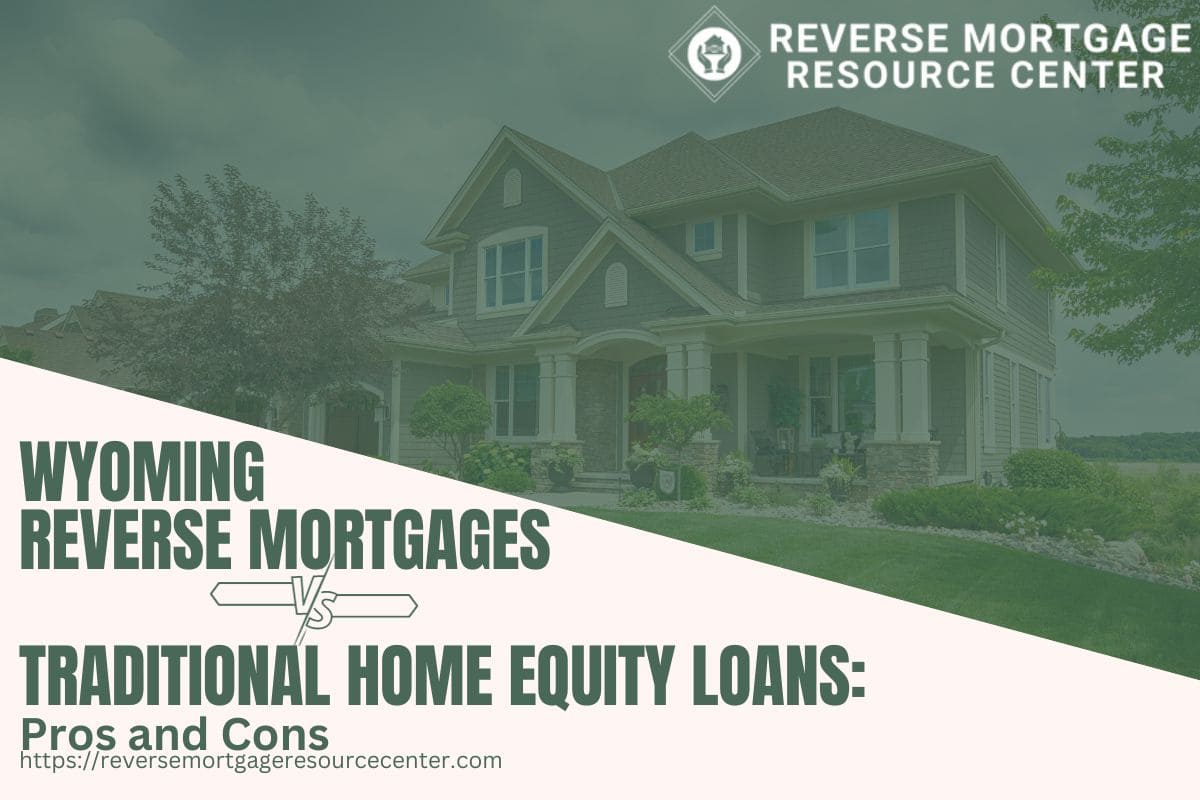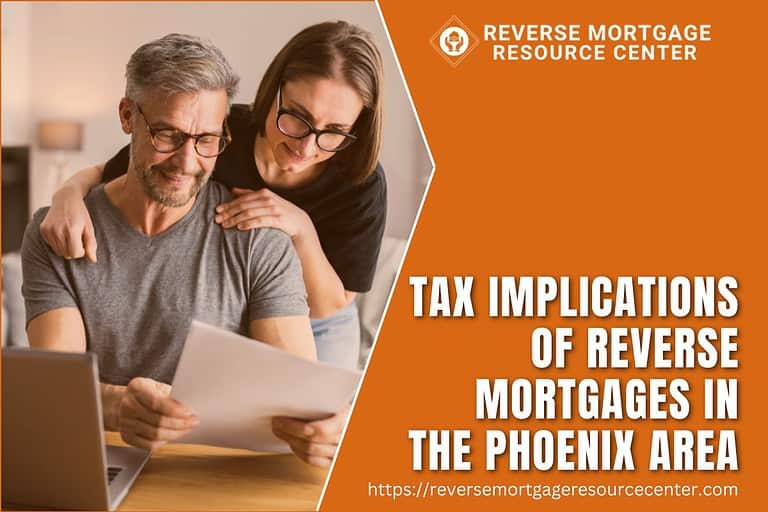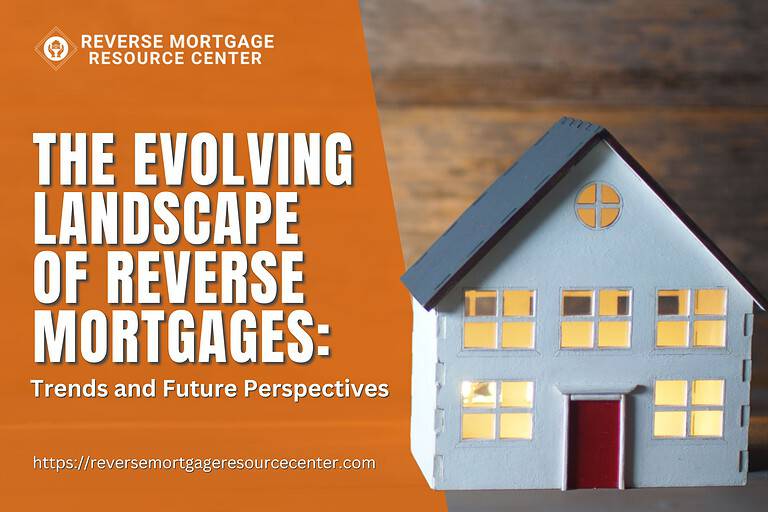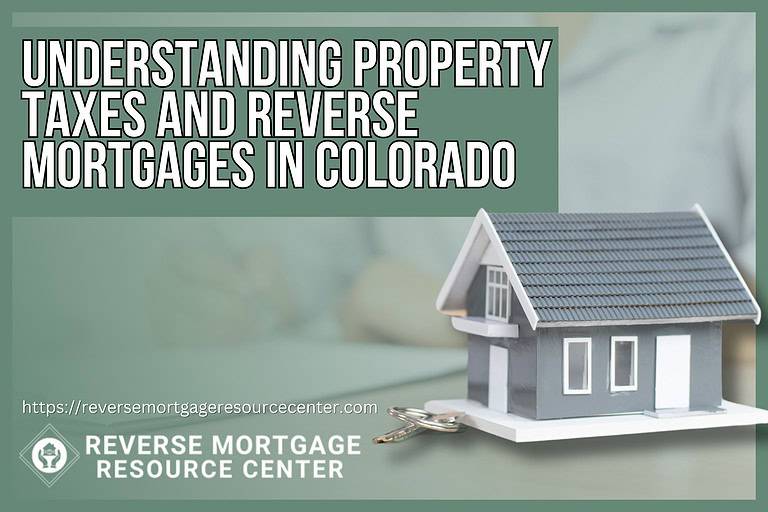Wyoming Reverse Mortgages vs. Traditional Home Equity Loans: Pros and Cons
With regards to tapping into your house’s equity, two options generally stand out in homeownership and financial planning: reverse mortgages and regular home equity loans. These financial instruments allow homeowners to access the equity in their houses, but they operate in fundamentally different ways and have significant advantages and downsides. This article will present an in-depth comparison between Wyoming reverse mortgages and regular home equity loans, putting light on the benefits and drawbacks of each to assist you in making an informed decision about which option best meets your needs.
Understanding Reverse Mortgages
Pros of Reverse Mortgages
1. No Monthly Mortgage Payments
The fact that reverse mortgages do not require monthly mortgage payments is one of its most alluring features. This is especially useful for retirees on a fixed income, as it allows them to access their home equity without incurring additional expenses. This can be a huge advantage in Wyoming since retirees comprise a significant portion of the population.
2. Flexibility in Receiving Funds
Reverse mortgages can be paid out in lump sums, monthly disbursements, lines of credit, or a mix. This adaptability allows homeowners to tailor their financial approach to specific requirements and goals.
3. Non-Recourse Loan
Non-recourse loans are reverse mortgages, which means that the borrower (or their estate) is not personally accountable for repaying more than the home is worth. If the home’s value falls and the loan obligation exceeds the home’s value when sold, the federal government’s insurance program will reimburse the difference. This can provide borrowers and their heirs peace of mind.
4. Tax-Free Proceeds
Because reverse mortgage proceeds are considered loan advances rather than income, they are often tax-free. This might be especially beneficial for Wyoming retirees looking to optimize their retirement income.
Cons of Reverse Mortgages
1. Costs and Fees
Origination fees, mortgage insurance premiums, and closing costs can add to significant upfront costs with reverse mortgages. Borrowers should carefully balance the benefits of a reverse mortgage against these costs.
2. Reduced Inheritance
When borrowers use a reverse mortgage to access their home equity, the loan balance rises, potentially lowering the inheritance left to heirs. While heirs can repay the loan and keep the home, this is not always financially possible.
3. Limited Eligibility
Reverse mortgages are not available to all homeowners. Borrowers must be at least 62 years old and live in the home as their primary residence. There are further requirements regarding the equity and condition of the residence. Some homeowners may find that their eligibility is restricted.

Traditional Home Equity Loans
Pros of Traditional Home Equity Loans
1. Fixed Interest Rates
Traditional home equity loans often have fixed interest rates, which provide borrowers with monthly payment predictability and consistency. This is especially appealing for homeowners who wish to stick to a budget.
2. Lump-Sum Disbursement
Borrowers receive a lump-sum payment upfront with a traditional home equity loan, which can be advantageous for funding major expenses such as home repairs or debt consolidation.
3. Tax Deductibility
In many situations, the interest paid on a standard home equity loan may be tax-deductible, potentially saving borrowers money. However, it is critical to contact a tax specialist to fully understand the tax implications of your situation.
Cons of Traditional Home Equity Loans
1. Monthly Repayments
Traditional home equity loans, unlike reverse mortgages, require borrowers to make monthly payments, which can be a financial burden for some homeowners, particularly those on a fixed income.
2. Risk of Foreclosure
Borrowers risk losing their house through foreclosure if they fail to make monthly payments on a standard home equity loan. This danger emphasizes the need to understand these loans’ terms and requirements.
3. Limited Flexibility
In terms of how borrowers can access and use their cash, traditional home equity loans are less flexible than reverse mortgages. The lump-sum payout may not be suitable for everyone’s financial circumstances.
Making the Choice: Which Option is Right for You?
Factors to Consider
Several crucial variables should inform your decision between a Wyoming reverse mortgage and a standard home equity loan:
1. Age and Income
Consider your age and financial security. Reverse mortgages are often best suited for low-income senior homeowners, but regular home equity loans may be more suited for those with steady earnings who require a lump-sum payout.
2. Financial Goals
Determine your financial objectives. Do you want to augment your retirement income, pay for unforeseen medical expenditures, or finance a significant home renovation project? Your objectives will determine which loan option best meets your needs.
3. Home Equity
Determine how much equity you have in your home. Reverse mortgages frequently demand more equity, but standard home equity loans may be available with less equity.
4. Monthly Obligations
Take into account your ability to make monthly payments. If adding another monthly fee would strain your finances, the lack of necessary monthly payments of a reverse mortgage may be intriguing.
5. Long-Term Plans
Consider your long-term plans for your home. If you plan to leave your property to your heirs as an inheritance, a typical home equity loan may be preferred to preserve the home’s equity.
Seek Professional Guidance
Choosing between a Wyoming reverse mortgage and a standard home equity loan can be difficult. It is best to speak with financial consultants, mortgage specialists, and legal professionals who can provide tailored advice depending on your situation.
Wrap Up
Understanding the distinctions between reverse mortgages and standard home equity loans is critical in Wyoming, where residents adore their properties and frequently seek ways to improve their financial stability. Each option has advantages and disadvantages, and the decision ultimately comes down to your needs, financial goals, and circumstances.
Reverse mortgages allow retirees to access their home equity without making monthly payments, but they have qualifying requirements and upfront charges. Traditional home equity loans offer lump-sum payments with fixed interest rates, making them suited for certain financial needs; nevertheless, they need monthly repayments and may be subject to foreclosure.
Before selecting, consider your age, income, equity, financial goals, and long-term intentions. Seek professional assistance to ensure that your financial path coincides with your goals and secures your financial well-being in Wyoming. You can traverse the difficult landscape of home equity finance with confidence and clarity by assessing the advantages and downsides and making an informed decision.
REVERSE MORTGAGE RESOURCE CENTER ~LIVE LIFE ON YOUR TERMS~
Our Lending Team has been serving our clients since 2004. We are passionate about serving our clients with integrity to help them achieve their financial goals.







